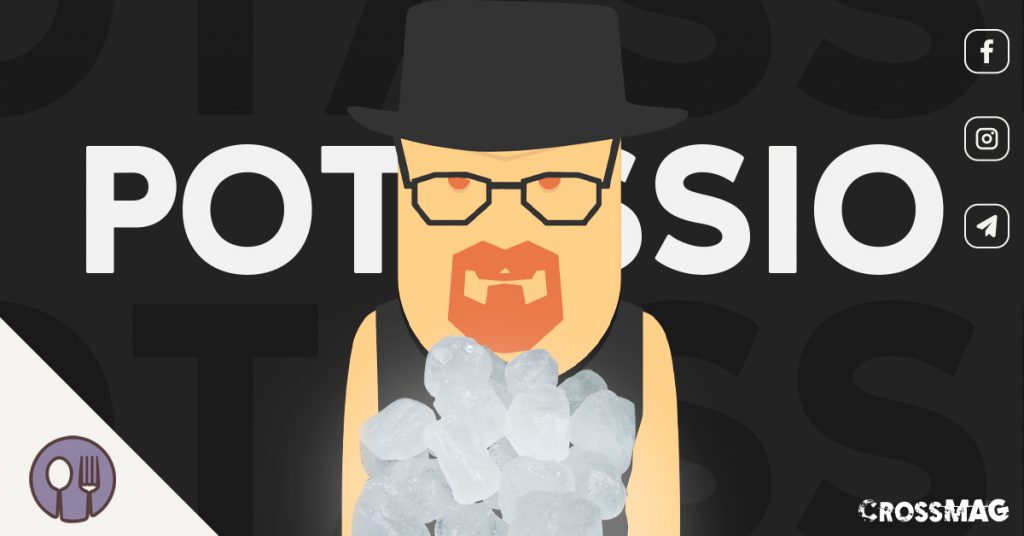Index
WHAT IS IT FOR?
Il potassium it's a mineral present in many foods we eat; it is also an electrolyte and the electrolytes They conduct electrical impulses throughout the body and aid in a number of functions:
- Blood pressure;
- Balance of liquids;
- Muscle contractions;
- Nerve impulses;
- Digestion;
- Heart rhythm;
- PH balance (acidity and alkalinity);
Our body does not produce it of course, so it's important assume the right balance of foods and drinks that contain it; the kidneys help maintain normal blood potassium levels because they remove excess through urine.
ALIMENTI
Foods rich in this mineral are:
- Fruit (apricots, pineapples, kiwis, oranges, nuts and bananas);
- Vegetables (green leafy, carrots and potatoes);
- Lean meats;
- Whole grains;
- Beans;
Most people get enough potassium by following one balanced diet; if your levels are low, your doctor may prescribe some supplements.
LACK
Some conditions can cause deficiencies its deficiency (hypokalemia):
- Nephropathy;
- Abuse of diuretics;
- Excessive sweating;
- Diarrhea and vomiting;
- Use of antibiotics such as carbenicillin and penicillin;
Symptoms of hypokalemia vary according to the severity of the deficiency.
A temporary decrease in potassium may not cause any symptoms; For example, if you sweat a lot after a workout, your potassium levels normalize after a meal without any damage.
Serious deficiencies can be very dangerous; the signs are:
- Extreme tiredness;
- Muscle spasms;
- Weakness or cramps;
- Irregular heartbeat;
- Constipation;
- Nausea or vomiting;
Its deficiency is diagnosed through the blood analysis; the doctor may also order an electrocardiogram and arterial blood gas analysis to measure the levels.
OVERDOSE
Instead an overdose of this mineral can cause hyperkalemia; the risk factors for this pathology are:
- Taking too many potassium supplements;
- Nephropathy;
- Prolonged exercise;
- Use of cocaine;
- Use of potassium-conserving diuretics;
- Chemotherapy;
- Diabetes;
- Severe burns;
The most serious symptom of its excess is abnormal heartbeat (arrhythmia). Severe cases can lead to death.
HOW TO ADJUST THE LEVELS?
There are several treatments for unbalanced potassium levels.
Hypokalemia
Potassium supplements are the first choice for those with low levels; they are effective if the kidneys are in good health.
Severe hypokalaemia may require intravenous treatment, especially if irregular heartbeats occur.
Diuretics can help regulate electrolyte levels, but they can be aggressive on the digestive tract.
Hyperkalemia
Mild cases of hyperkalemia can be treated with drugs that increase potassium excretion; severe cases require more complex treatments.
Renal dialysis can remove excess potassium and this treatment is favored in cases of kidney failure.
For people with healthy kidneys, doctors usually recommend insulin and glucose; they help carry potassium from the blood to the removal cells.
Calcium gluconate can help stabilize the heart and reduce the risk of heart complications.
And do you get enough potassium through your diet or have you ever had to take supplements? Let us know in the comments and remember to follow us on our Telegram channel
SUBSCRIBE HERE TO THE TELEGRAM CHANNEL

